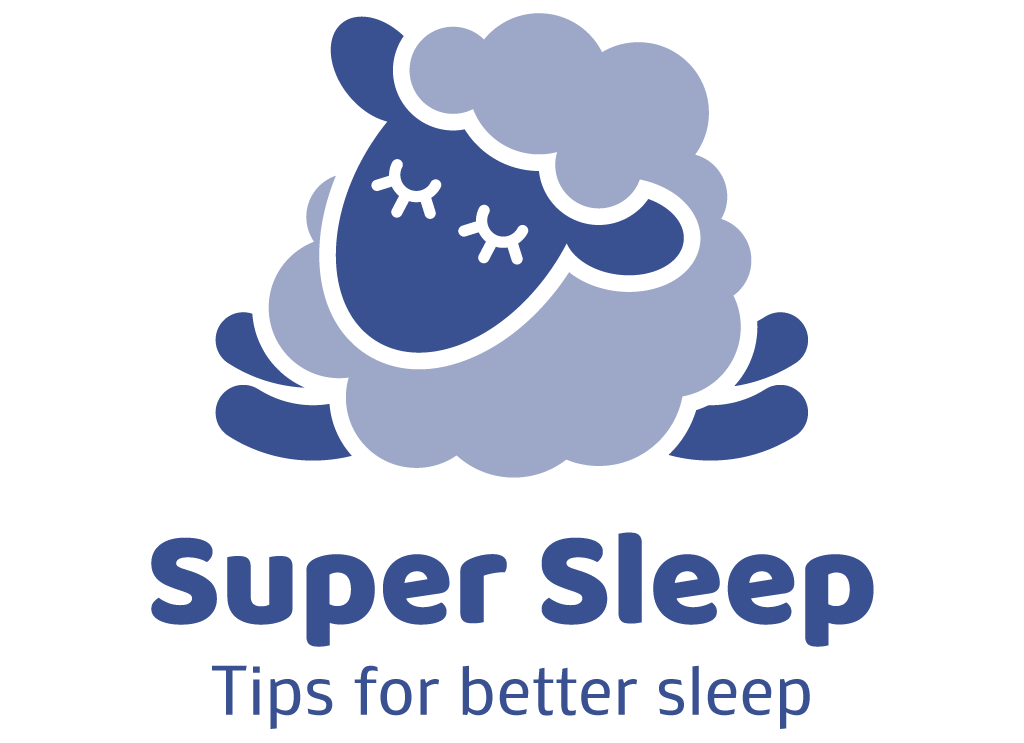In our modern lives, often filled with work, responsibilities, and personal commitments, we tend to underestimate the importance of rest. However, something as simple as taking a nap can be a real ally in boosting your energy, improving concentration, and helping you better manage your day. And the best part? You don’t need to sleep for hours to experience the benefits. A 20-minute nap is enough to revitalize your body and mind.
Why a 20-Minute Nap?
A 20-minute nap is often called a “power nap” because it is long enough to provide quality rest but short enough to avoid the grogginess that can follow a longer nap. During these 20 minutes, you only enter the lighter stages of sleep, which allows you to wake up feeling refreshed and alert without the “sleep inertia” that can come with deeper stages of sleep.
1. Improved Alertness and Concentration
A short 20-minute nap can have remarkable effects on your alertness. After a tiring morning or when you feel your energy levels dropping in the afternoon, a nap can help you regain optimal concentration. Studies show that a brief nap can improve cognitive performance, especially for tasks requiring attention and responsiveness.
Tip:
If you work in an environment where napping is possible, taking 20 minutes after lunch can help you avoid the post-lunch energy slump.
2. Reduction of Stress
Daily stress can negatively affect both our body and mind, leading to muscle tension, mental fatigue, and even sleep disorders. A 20-minute nap acts as a reset for the brain. By giving yourself a moment of rest in the middle of the day, you allow your body to relax, reduce cortisol (the stress hormone), and find calm more easily.
Tip:
Incorporate a short nap into your routine during high-pressure periods. You’ll find yourself feeling calmer and better equipped to handle the rest of the day.
3. Improved Memory and Learning Abilities
Sleep, even in small amounts, helps reinforce memory processes. A 20-minute nap can not only improve short-term concentration but also help strengthen memory and learning. This happens because the brain uses rest periods to organize and store information received during the day.
Tip:
Before an important meeting or after learning something new, a short nap can help you absorb that information and retain it more effectively.
4. An Energy Boost Without Caffeine
When you feel tired, it’s tempting to turn to caffeine for a quick pick-me-up. However, the stimulating effect of coffee is temporary and can negatively affect the quality of your nighttime sleep. In contrast, a 20-minute nap recharges your batteries naturally, without the side effects of caffeine.
Tip:
If you’re a coffee lover, try what some call a “caffeine nap”. Drink a cup of coffee, then take a 20-minute nap immediately afterward. Caffeine takes about 20 minutes to take effect, waking you up with a double boost of energy!
5. Mood Improvement
Sleep deprivation can lead to irritability, nervousness, and a negative emotional state. A 20-minute nap can act as a real antidote. It helps reset your mood by lowering feelings of stress and frustration while increasing feelings of well-being and relaxation. After a short nap, you’ll feel more optimistic and better able to face the rest of the day.
Tip:
If you’re feeling cranky or struggling to manage your emotions, take a short break for a nap and return feeling more relaxed.
6. Improved Heart Health
Research has shown that regular naps, even short ones, can have a positive impact on cardiovascular health. A 20-minute nap helps reduce stress, which is a key factor in heart disease. By incorporating this habit into your daily routine, you can help lower blood pressure and improve your overall health.
Tip:
If you have a busy schedule, don’t overlook the benefits of a short break for your health, even if it’s just 20 minutes a day.
How to Get the Most Out of a 20-Minute Nap
To maximize the benefits of your power nap, here are a few practical tips:
- Set an alarm: The goal is not to exceed 20 minutes. Setting an alarm will help you avoid entering deeper stages of sleep, which could lead to feelings of grogginess when you wake up.
- Choose a quiet place: Try to find a quiet space where you won’t be disturbed. If this isn’t possible, use earplugs or a sleep mask.
- Nap in the early afternoon: The ideal time for a nap is often between 1 p.m. and 3 p.m., when your natural alertness tends to dip. This allows you to recharge without interfering with your nighttime sleep.
- Avoid late naps: A nap too close to bedtime may make it harder to fall asleep at night.
Conclusion: A Short Nap for Big Benefits
Whether you’re a student, professional, or parent, incorporating a 20-minute nap into your day can bring significant benefits. It’s a natural, side-effect-free solution that can help you regain energy, concentration, and good spirits. So the next time you feel your energy fading, instead of reaching for an energy drink, consider taking a short nap. Your body and mind will thank you!

